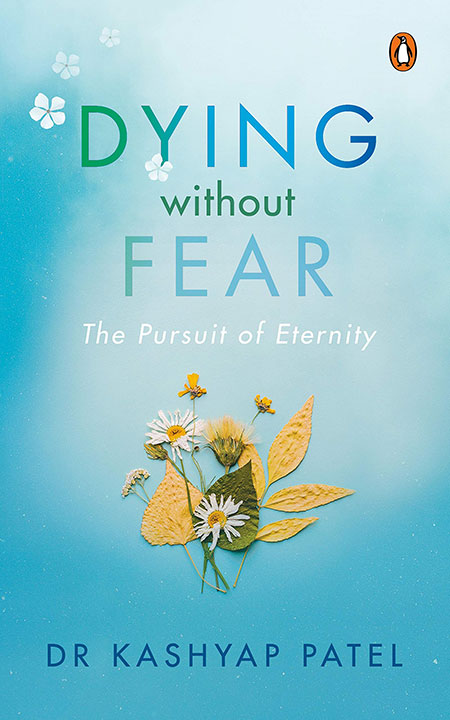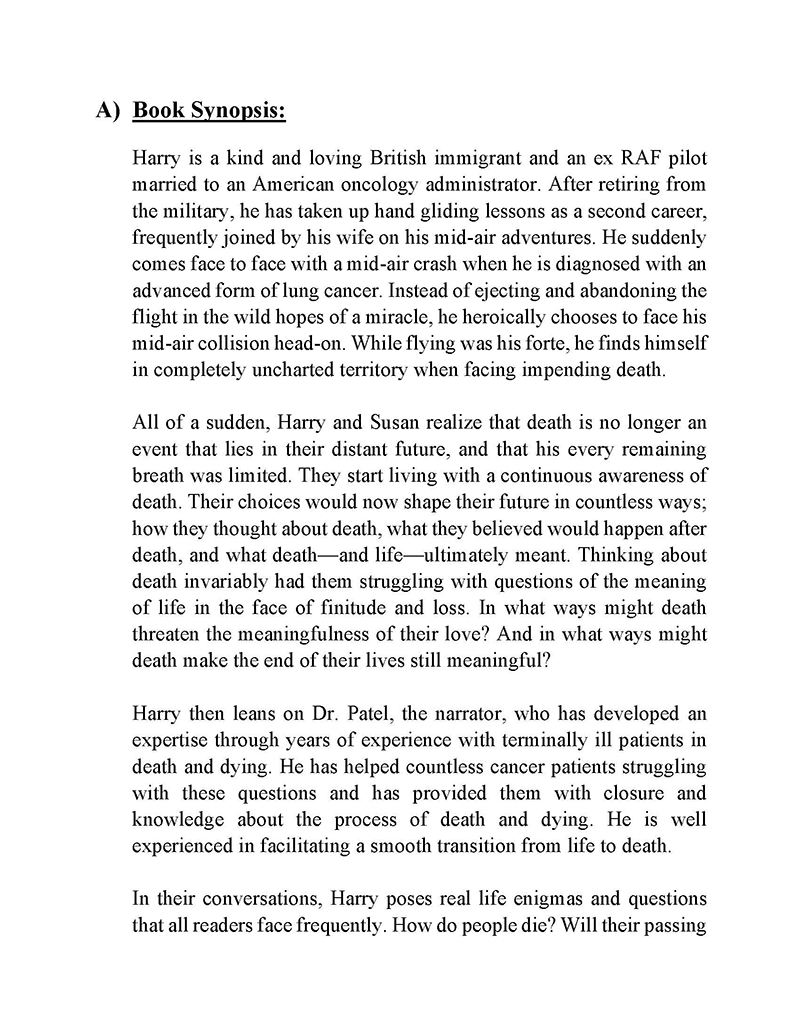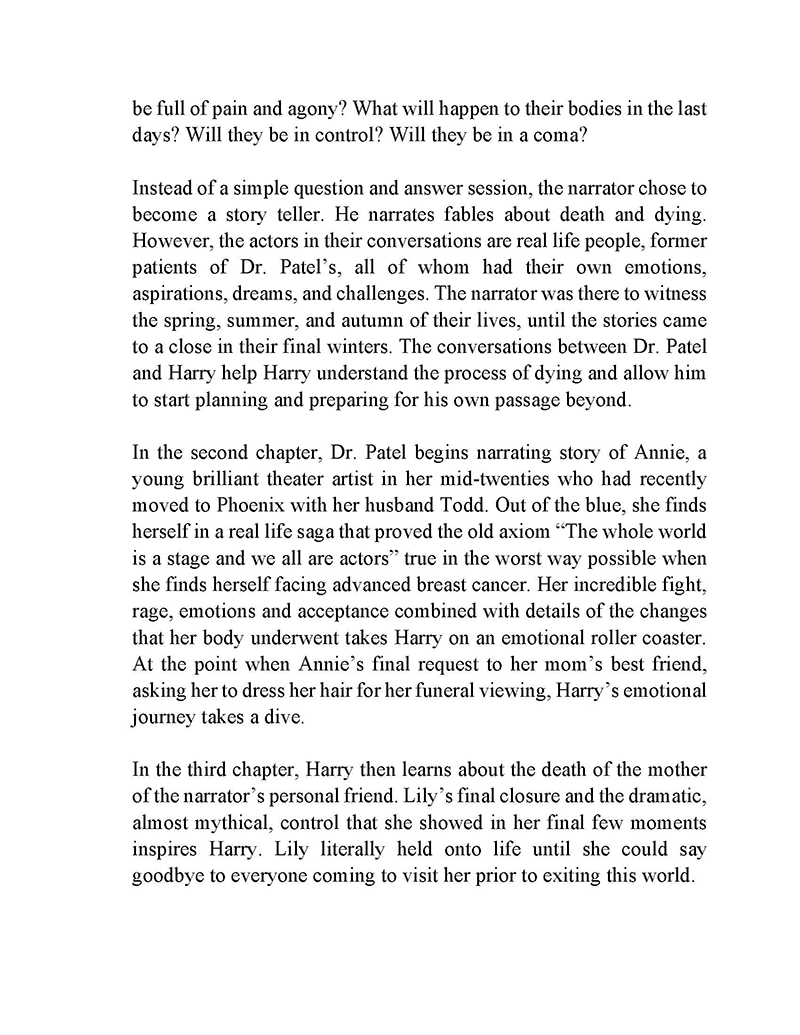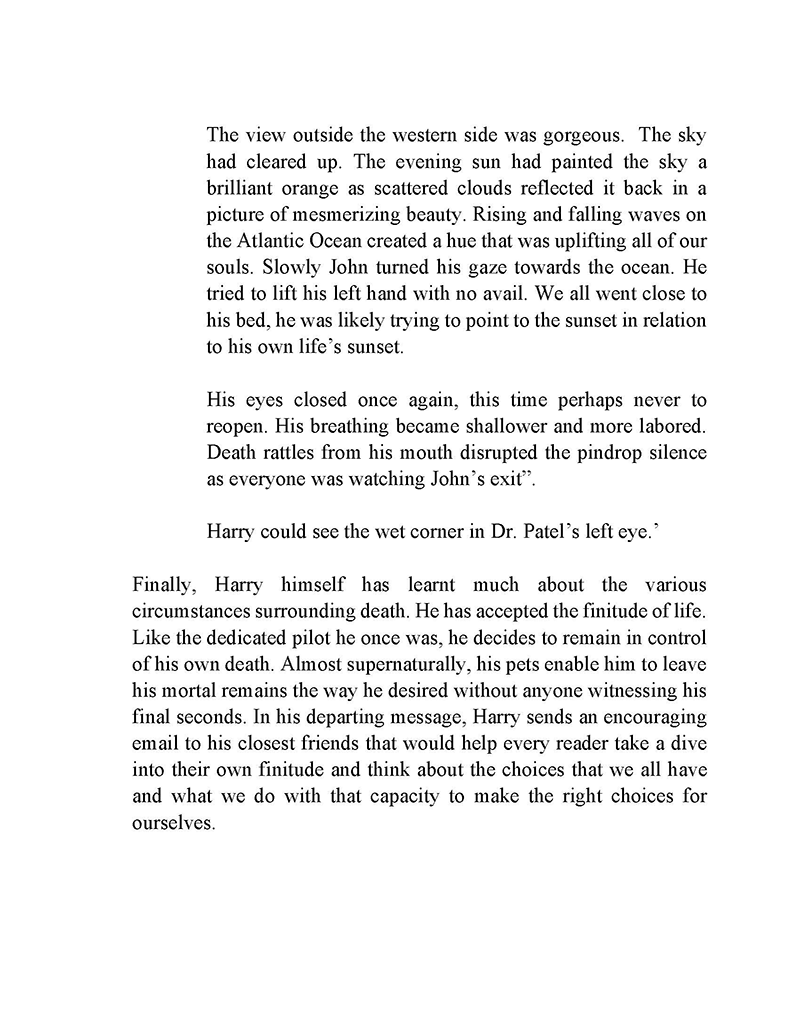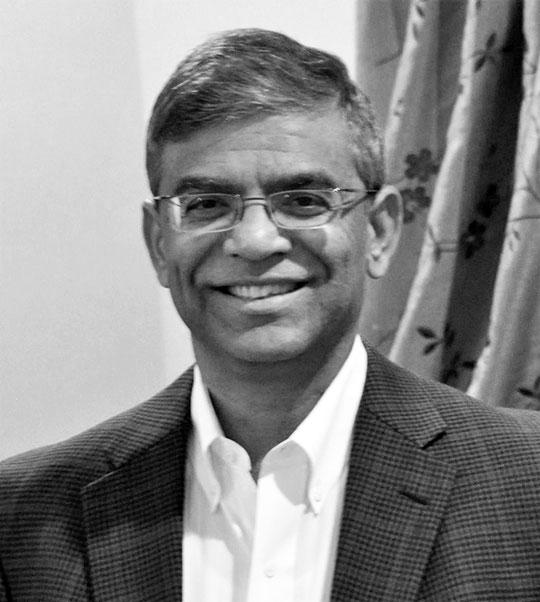
Short Description
D YING without FEAR is a collection of real-life stories of those ordinary human beings who put up extraordinary bravery in the face of certain death. For some reason, when hearing stories about the fight against cancer, society has forgotten and virtually ignored that hidden behind every battle is a real human being, be they a father, a mother, a daughter, a son, a husband or a lover. In the jumble of chemotherapy drugs, radiation therapy, and surgery, this human being is lost. All too often, the winner is invariably the tumor; even when it is defeated, it leaves behind a human being shattered by fear and quaking with radiation and chemotherapy side-effects. So how some exemplary individuals do chose to accept cancer as an autumn leaf getting ready to fall off a tree and make their transition from the land of manifest existence to return to the land they came from before birth.
What does it mean to die well?
This non-fiction books circles around four fundamental existential questions.
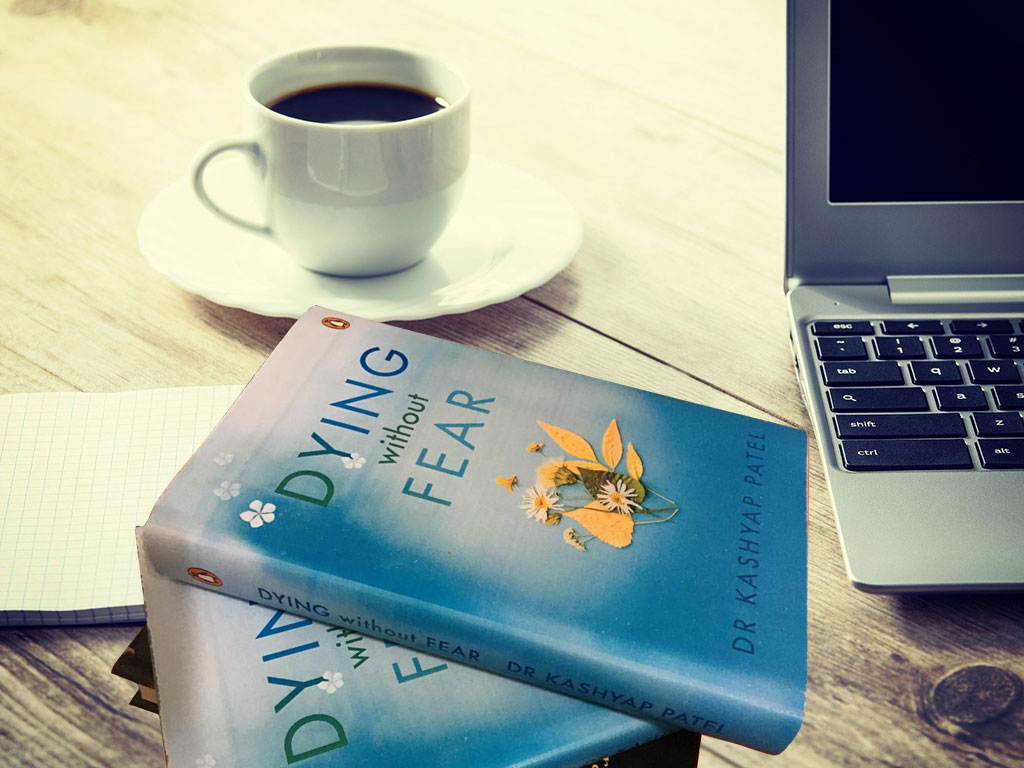
01. How do human beings face the eventuality of death?
This book shares real life experiences and conversations about thoughts, representations, and attitudes towards death with subjects who were in clear proximity to it. The focus is on philosophical and psychological concerns. How does someone look at death, how do they initially avoid thinking about it, how do they feel about it, and what impact does their fear of death have.
02. How do human beings experience death?
I have narrated real life examples of the process of death, something that will eventually haunt us all. From our own thoughts about death to our experiences seeing it in others, this journey can be unique and different for all of us. However, we have the capacity of choosing how we react to the fear and challenge death brings. Experiences of death can be divided into two kinds: the death of others and our own dying. In this book, Harry, who has decided to accept death with the fullest spirits and without hesitation, tries to learn about his own death from listening about others’ experiences.
03. How important is death to our understanding of what it means to be human?
In the last two chapters, the author has narrated deeply philosophical conversations between himself and patients in the active process of dying and how they accept death as liberation, not as a tragedy or a remorseful event. The author’s own witnessing and narration of death will also help the reader understand the scientific process around one’s final days on earth.
04. Why the anxiety about where we will go after death?
While most published literature focuses on the aspects of cancer as a battle, and usually only publishes the stories of cancer survivors, this compilation highlights the altruistic and humanistic aspect of the struggle against cancer. It shows how its diagnosis affects emotions, how it creates a cycle of anger, frustration, denial, and eventually acceptance of the situation and learning how to live with the disease in the face of death. Understanding the emotional aspects of the disease help fully enable the sufferer to live through whatever days they have remaining they can.
What a reader will learn from this non-fiction book is that the reason death causes so much insecurity is our fear of it. However, unlike death itself, this fear of death is not inevitable. Our lives are short intervals of manifest existence as a human being bounded by infinite periods of our absence, and if the absence before our lives is not tragic, then the absence afterward shouldn’t be either. We don’t know where we came from before birth. So why the anxiety about where we will go after death? This anxiety can prevent us from experiencing all that is important and pleasurable in life in order to preserve the illusion of prolonging our lives. Once a reader completes reading this book, he or she will think about death carefully and clearly and perhaps realize that death is no great evil, and rather is a brief pause in our journey.
Book Synopsis
A must-read for any anyone who wants to unravel the enigma around death.
Dying without Fear isn't just about facing death without fear...
It's about embracing it in all awareness, to be at peace with oneself when the time is near. I imagine lessons from these real life stories will help readers understand that death is not evil, rather a brief pause in our journey. Will ultimately answer the question "How to unravel the enigma around death?"
- Dr. Kashyap Patel
Reader’s Feedback
It’s Positive & Great
